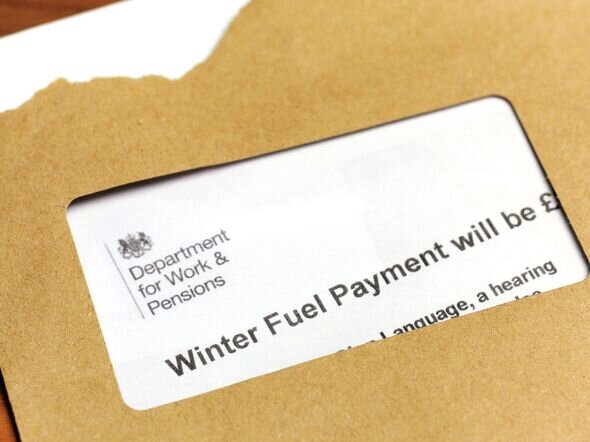Understanding Pre-Trading Expenses

Are you a small business owner or sole trader in the UK, puzzled about how to claim pre-trading expenses? Worry not! We've got you covered with a comprehensive guide on maximising your tax benefits by claiming pre-trading expenses.
Understanding Pre-Trading Expenses in Depth
When you are setting up a new business, it's crucial to understand what pre-trading expenses are and how to claim them:

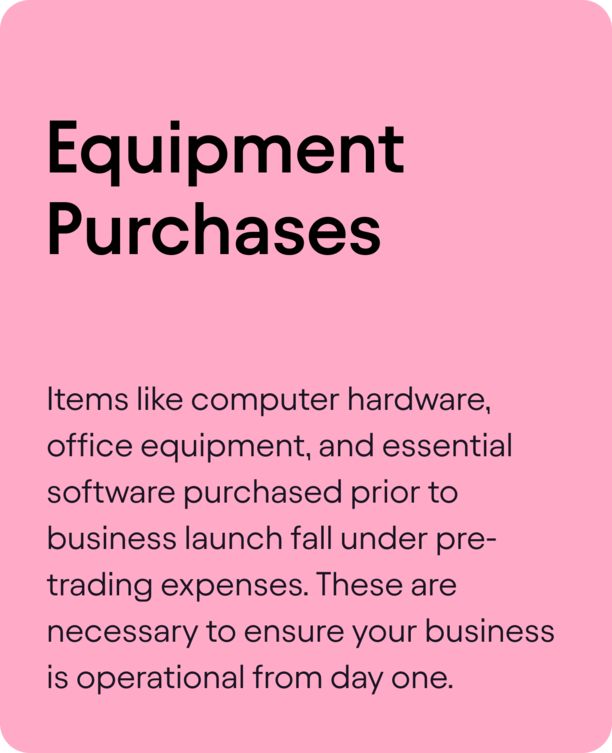

How to Claim Pre-Trading Expenses
Follow these steps to ensure you claim pre-trading expenses seamlessly:


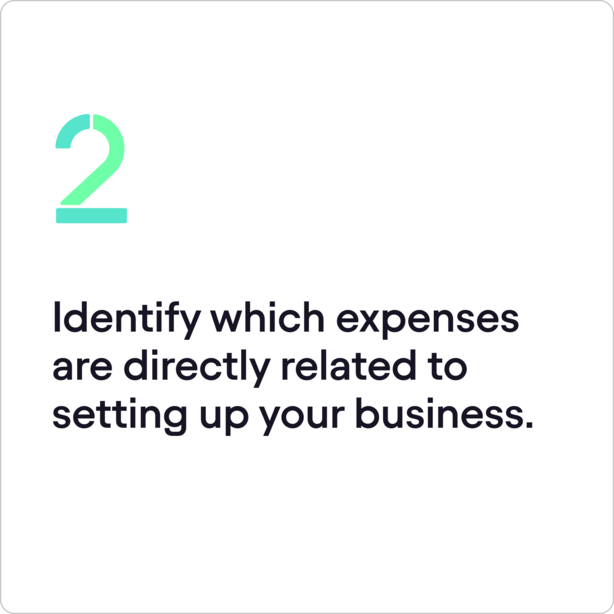

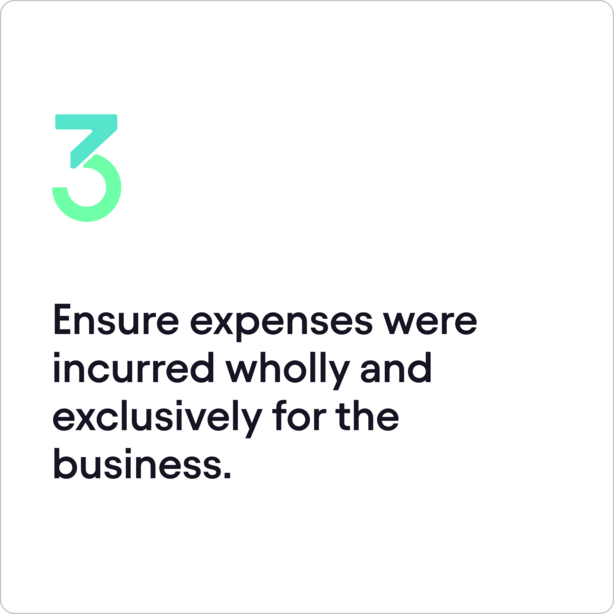
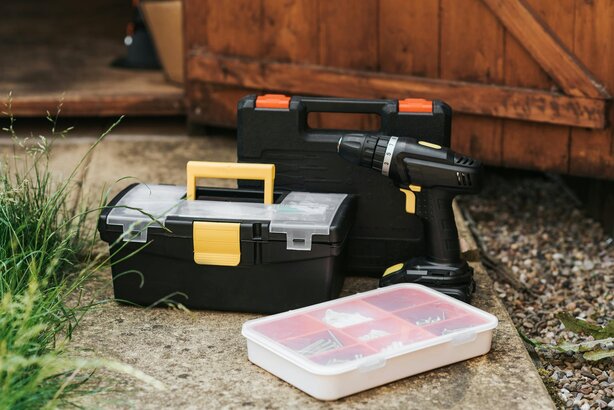
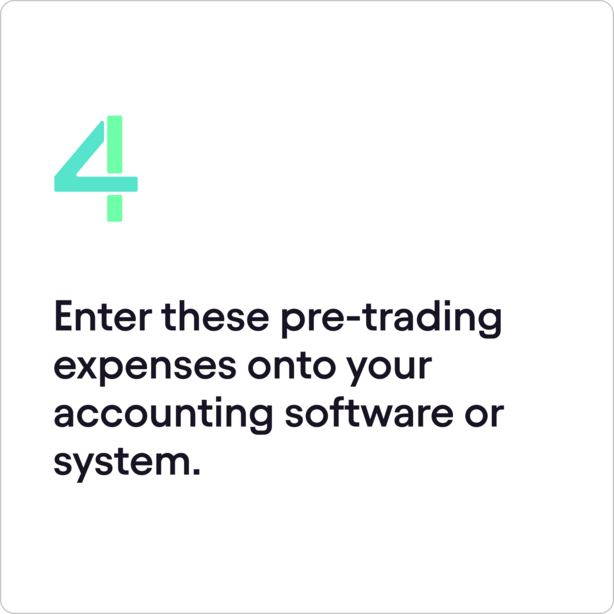

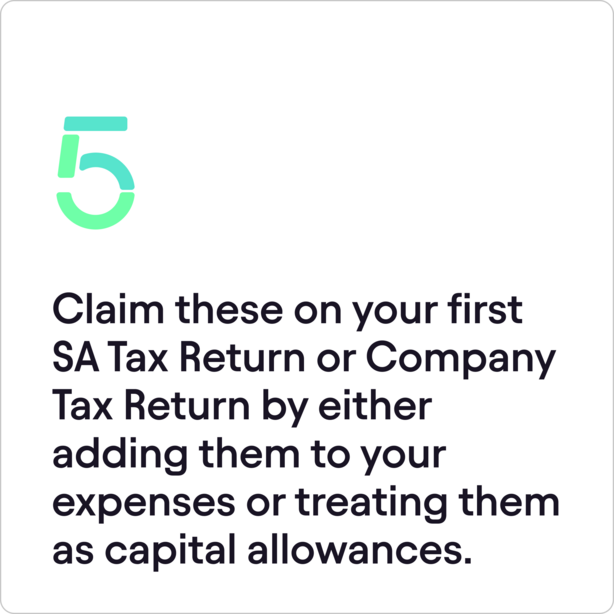
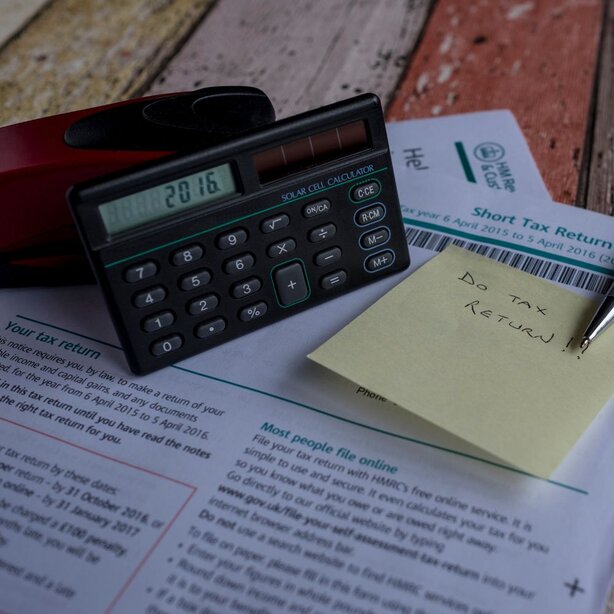
Options for Claiming Pre-Trading Expenses

Self-Assessment Tax Return
For sole traders, pre-trading expenses can be claimed by including them as allowable expenses in the Self-Assessment tax return. This reduces your overall taxable income and potentially your tax bill.
Company Tax Return
For limited companies, pre-trading expenses can be claimed in the Company Tax Return. These can either be deducted as business expenses or treated as capital allowances depending on the nature of the expenses.

Additional Considerations:

Always maintain detailed financial records to support your claim for pre trading expenses.Keeping Accurate Records:

Always check the latest HMRC guidelines to ensure compliance.Consult HMRC Guidelines:

For complex pre-trading expenses, consulting a tax professional can provide clarity and accuracy.Consult a Professional:
Expert Assistance with PIE Tax
Navigating pre-trading expenses can be complex, but with Pie tax, you have access to expert guidance to help you through the process. Our software is designed to streamline your tax reporting and ensure that you are maximising your tax benefits. Sign up today and let Pie tax make your tax process easier.

Around 50% of new UK businesses fail within the first 5 years, often due to financial mismanagement.

HMRC states that over 1 million UK businesses benefit annually from tax relief on pre-trading expenses, saving significant amounts on their tax bills.








